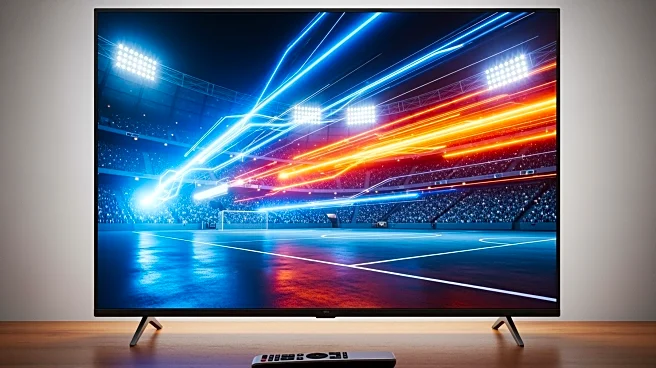What's Happening?
Recent research suggests that certain dietary choices may influence an individual's attractiveness to mosquitoes. Experts indicate that while the notion of 'sweet blood' is a myth, the chemicals emitted by the body, such as ammonia and lactic acid, can be affected by diet, potentially altering one's appeal to mosquitoes. Studies have shown that beer consumption, for instance, may increase the likelihood of mosquito bites. This emerging area of research highlights the complex interactions between diet and mosquito attraction, although findings remain preliminary.
Why It's Important?
Understanding the factors that influence mosquito attraction is crucial for public health, particularly in regions where mosquito-borne diseases are prevalent. If dietary choices can indeed affect mosquito attraction, this could lead to new strategies for reducing the risk of bites and associated diseases. This research may also influence consumer behavior, as individuals seek to modify their diets to minimize mosquito interactions. The findings could have implications for the development of new repellents or dietary guidelines aimed at reducing mosquito-borne disease transmission.









